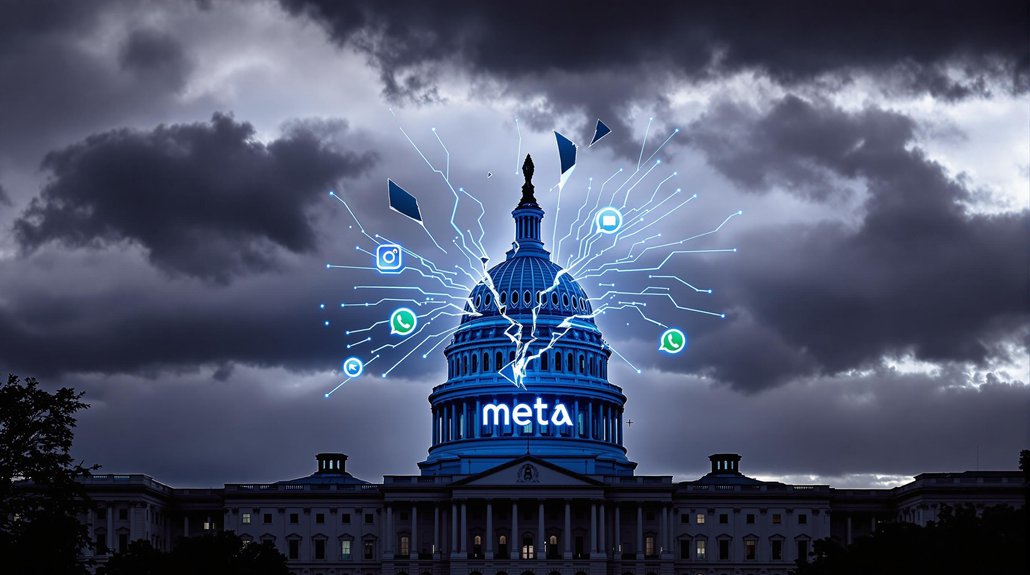The Department of Justice has disbanded its National Cryptocurrency Enforcement Team, aligning with Trump’s upcoming executive order on digital assets. Established in 2021 under Biden, NCET had pursued high-profile cases against Binance and Tornado Cash. The DOJ will now focus only on cases with clear criminal intent rather than regulatory violations. Critics worry about increased money laundering, while supporters see it as properly limiting government overreach into the growing crypto sector.
The Department of Justice has disbanded its National Cryptocurrency Enforcement Team (NCET), marking a major shift in the federal government’s approach to digital asset oversight. The specialized unit, established in October 2021 under President Biden’s administration, had targeted high-profile crypto cases including investigations into Binance and Tornado Cash, which allegedly involved money laundering activities exceeding $1 billion.
Deputy Attorney General Todd Blanche announced the decision, stating clearly that “the DOJ is not a regulator of digital assets.” This move aligns with President Trump’s January 2025 executive order designed to provide regulatory clarity and prevent enforcement actions from becoming de facto regulation in the crypto space.
DOJ steps back from crypto regulation, respecting Trump’s executive order aimed at providing clearer rules for digital assets.
The NCET had worked alongside federal agencies like the SEC and CFTC to enforce crypto regulations. The memo titled “Ending Regulation by Prosecution” outlines the administration’s intention to shift away from regulatory enforcement. This change follows the SEC’s recent decision to dismiss cases against major cryptocurrency exchanges. Now, the DOJ will focus solely on cases with explicit criminal intent, such as fraud or terrorism funding, rather than pursuing accidental regulatory violations or targeting services based on user activities.
As a result of this policy change, many ongoing investigations into crypto exchanges, mixing services, and offline wallets will be halted. The high-profile Tornado Cash case, which had drawn significant attention in the crypto world, will no longer be actively pursued by the department.
Critics of the decision argue that disbanding the unit could undermine efforts to combat money laundering and cybercrime. They’ve expressed concerns that reduced oversight might enable illegal activities through cryptocurrency channels and suggest the policy shift represents a concession to industry pressure from crypto lobbyists.
Supporters counter that the move represents a necessary correction, shifting regulatory responsibilities to appropriate agencies like the SEC while allowing the DOJ to focus on genuine criminal behavior. They claim this approach will create a more favorable environment for crypto innovation and development.
The dissolution of the crypto crime unit reflects the Trump administration’s broader agenda to reduce regulatory burdens on the digital asset industry while supporting blockchain technology development and American crypto businesses.









